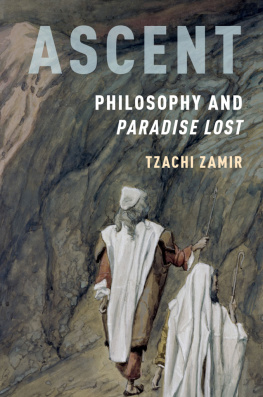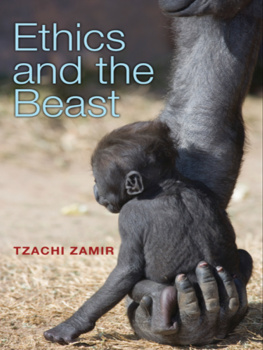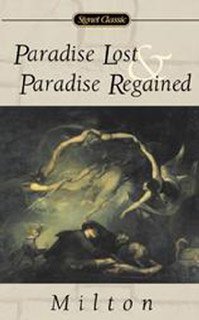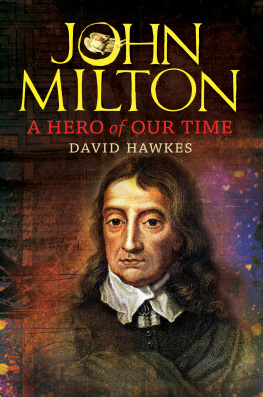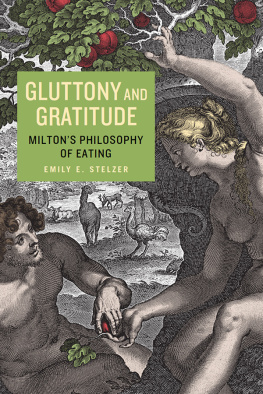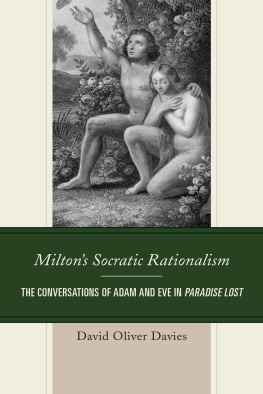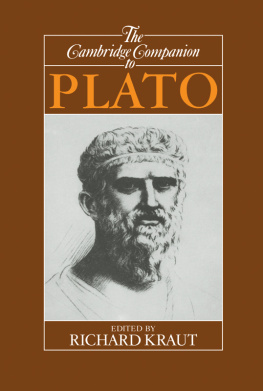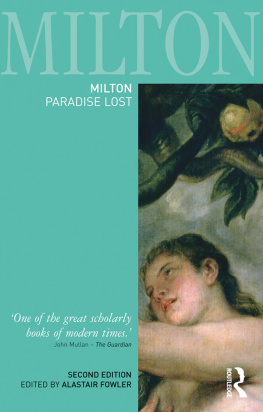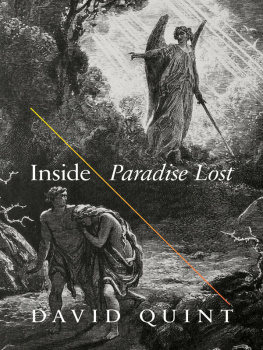ASCENT

Oxford University Press is a department of the University of Oxford. It furthers the Universitys objective of excellence in research, scholarship, and education by publishing worldwide. Oxford is a registered trade mark of Oxford University Press in the UK and certain other countries.
Published in the United States of America by Oxford University Press
198 Madison Avenue, New York, NY 10016, United States of America.
Oxford University Press 2018
All rights reserved. No part of this publication may be reproduced, stored in a retrieval system, or transmitted, in any form or by any means, without the prior permission in writing of Oxford University Press, or as expressly permitted by law, by license, or under terms agreed with the appropriate reproduction rights organization. Inquiries concerning reproduction outside the scope of the above should be sent to the Rights Department, Oxford University Press, at the address above.
You must not circulate this work in any other form
and you must impose this same condition on any acquirer.
Library of Congress Cataloging-in-Publication Data
Names: Zamir, Tzachi, 1967 author.
Title: Ascent : philosophy and Paradise Lost / Tzachi Zamir.
Description: New York : Oxford University Press, 2018. |
Includes bibliographical references and index.
Identifiers: LCCN 2017009579 (print) | LCCN 2017035287 (ebook) |
ISBN 9780190695118 (online course) | ISBN 9780190695095 (pdf) |
ISBN 9780190695101 (ebook) | ISBN 9780190695088 (cloth : alk. paper)
Subjects: LCSH: Milton, John, 16081674. Paradise lost.
Classification: LCC PR3562 (ebook) | LCC PR3562 .Z36 2017 (print) |
DDC 821/.4dc23
LC record available at https://lccn.loc.gov/2017009579
For Ditza and Eli
my mother and father
in gratitude
CONTENTS
I came late to Paradise Lost and disliked it immediately. The groveling angels, the endless praising of God seasoned by the occasional hallelujah, the lofty but anemic Adam, the childlike Eve, the solemn yet seemingly pointless gardeningall had the cumulative effect of bludgeoning me into the reading one completes due to the expectations of others. I was moved only once, when the poem unexpectedly grew personal and Milton spoke of his blindness. For the rest of it, I, for one, did not wish it to be longer. When, several years later, I was asked to teach a survey course featuring Paradise Lost, I was, accordingly, not looking forward to the experience. And yet, while I was drafting preparatory notes for class and beginning to fathom Miltons undertaking, the poem acquired potency and depth. Notes ballooned into longer reflections when I tried to lay out the poetic and philosophical challenges that Edens reconstruction had posed. The poems alienating quality began to make sense, and less obvious reasons responsible for my original aversion to it surfaced. Try as I did, I was unable to account for the philosophical dimensions of this disharmonious experience through the routes I had developed in a previous study within the philosophy of literature. I started writing this book.
I also started acquiring many debts. Acknowledgments attain special significance in a book whose various themes converge on the notion of gratitude. I am obliged to many for preventing what you will be reading from being more insufficient than it is. For eye-opening comments, kind-hearted criticisms, erudite corrections, and pathbreaking suggestions on individual chapters, I am thankful to Tamar Aylat-Yaguri, Andrew Burrows, Stephen Fallon, John Gibson, Edward Mooney, and Jon Whitman. I am also (once again) indebted to the outstanding editing skills of Talia Trianin.
I was fortunate to receive important input on the manuscript as a whole from Sandy Budick and Rafe McGregor. I am grateful for the thought, learning, intelligence, and time they devoted to my work. Penetrating reports by two (then) anonymous readers of the manuscript enabled me to substantially sharpen some crucial points. Because both reviewers later disclosed their identities, I am able to thank Eleonore Stump and Christopher Tilmouth for their many constructive contributions to this book.
Material from two chapters has appeared in previous versions. The first is The Inner Paradise (in The Philosophy of Poetry, edited by John Gibson for Oxford University Press). The second is Death, Life, and Agency in Paradise Lost (in Milton Studies, 2015). I thank both the press and the journal for permitting me to use this material.
ASCENT
This book metaphorically follows a philosopher and a believer as they take a tough hike all the way up to a mountains summit. The mountain is Paradise Lost, which both of them read. The book is divided into climbs and crossroads. The climbs are uphill segments jointly forming a reading of Paradise Lost, a reading in which the poems attempt to yoke together aesthetic achievement and a spiritual ascent is respected. The crossroads are bifurcations between religious poetry and secular philosophy. They are spots where a nonreligious philosopher will likely part company from Miltons projected reader. The attempt of this book is to underscore the differences between philosophy and literature, rather than their synergy. Accordingly, its readers will be rewarded by keeping in mind not the image of a well-run chariot drawn by the coordinated labor of the horses of poetry and philosophy, but, rather, something more troubled: the philosopher piggybacking on the poems religious reader, striving to glimpse what the former sees, even when begging to differ. The panting believer, sweating and cursing under the weight of the irksome philosopher, may take comfort in the thought that the latter is not of the uptight kind. This philosopher is less eager to dispute or poke holes than to unravel a thoughtful existential choice, willing to tag along even when inclination and personal calling lead elsewhere.
The philosopher, too, is not altogether happy. Although hitching a ride and finding some comfort in the believers endeavor to display the views that are most philosophically appealing, the philosopher resembles less the pampered princess reclining upon her sedan chair than a disgruntled parrot, schlepped around without being able to fully spread its wings.
Those who take an interest in eavesdropping on these mismatched trackers will perceive episodes at which substantial agreement gives way to disjunctions, turns at which potentially interchangeable vocabularies become incommensurable. Because the hikers wish to remain together, they will do their utmost to avoid merely verbal contention, thereby maintaining their ability to direct attention to genuinely irresolvable differences. Grasping points of real disconnection becomes particularly instructive after such decluttering. It is precisely at such episodes that the inability to find a common ground between philosophy and faith, between philosophy and religious poetry, establishes a silence from which one can learn.
This book, then, is an attempt to bring secular philosophy, religion, and literature into one movement of thought. Paradise Lost will expose the spillover among the three domains. But it will also reveal junctions in which they must part company and reassert their autonomy. It is the tracing of this latter movement of recoiling that is the primary undertaking of this work. That lines of rupture will be underscored rather than blurred runs counter to the superficial interdisciplinary sentiment that celebrates the ways in which everything bleeds into everything else. What will hopefully be achieved by this countermovement, though, is a more self-critical interdisciplinarity, aware of the fuller play of attraction and repulsion among competing thoughtful orientations.

